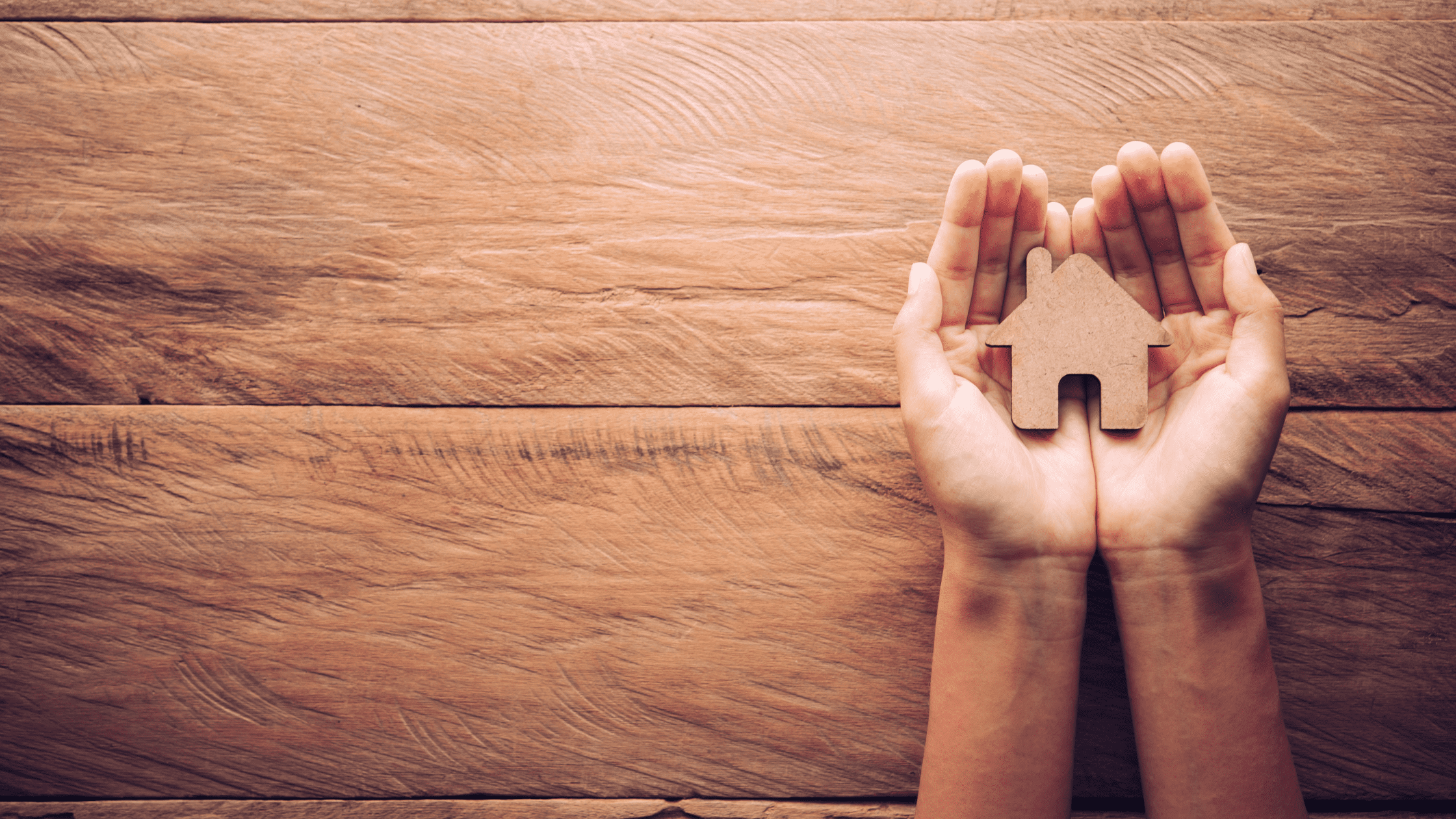Are you looking to buy a home in Canada? If so, then you need to start saving now!
Buying a home is a huge financial commitment, but if you want to enjoy the benefits of owning property, you should start planning ahead.
If you plan to buy a home in the next few years, you need to start saving today.
1. Start building a down payment fund
You may be able to get a mortgage without paying a deposit, but you’ll pay higher interest rates and have less flexibility than those who put down a larger amount. The average Canadian household saves just 4% of their income towards a down payment, according to a recent survey from CIBC.
2. Set aside money into a savings account
A good place to save is your RRSP or TFSA, which allows Canadians to contribute pre-tax dollars. However, you can still earn tax-free returns by investing in mutual funds and ETFs. For example, the Ontario Municipal Employees Retirement System offers a variety of investment options, including stocks, bonds, real estate, and cash.
3. Find out what’s available
There are many programs that offer grants and loans to first-time buyers. Some are offered through banks, while others require you to apply directly to the government. In Canada, the federal government offers the Home Buyers’ Plan, which provides a maximum loan of $25,000 for eligible borrowers.
4. Pay off your credit card debts.
You can’t really save money if you’re paying someone else a lot of interest. Pay off all of your debts before you start saving for a downpayment. Begin by paying off your smallest high-interest debt. Then, take the minimum payment from that debt and apply it to the next small debt with the highest interest rate. Once that one is paid off, the two minimum payments you made for the smaller debts can help you pay off your next debt faster (again, choose a small debt with a high-interest rate). You will notice a snowball effect as you free up minimum payments, allowing you to make larger and larger payments against one debt at a time. This is one of the quickest ways to get out of debt.
5. Stop Paying with Credit & Save $3,000
According to studies, when people pay with a credit card rather than cash, they spend approximately 15% more. If the average Canadian household paid with cash instead of credit in order to earn points or cashback, they would save well over $3,000 per year. Sure, they’d lose their points or cashback, but on the best cash-back cards in Canada, they’d only lose $400. They’d still come away with a big win.
Your spending may not be as high as that of the average household, but you get the idea. Paying with cash can help you save more money if you’re trying to save money.
6. Look for less expensive alternatives.
Smart people save a lot of money in this manner. They make a habit of finding cheaper ways to do things without sacrificing their enjoyment. Here are a few good examples:
Do you frequently purchase new books? Consider going to the library. They have a massive collection of books that you can borrow for free.
Do you go to the movies a lot? Consider renting or staying with cable. Some people are even abandoning cable in favor of watching shows online. This works extremely well in the United States, but it is improving in Canada.
Do you eat out frequently? Try eating out less or looking for cheaper restaurants that you still enjoy. You can also look for a 2 for 1 coupon or purchase an Entertainment Book and only eat at restaurants that have coupons (this will cut your eating out budget in half).
Do your hobbies cost you a lot of money? Spend less money or find other hobbies that are less expensive, at least for a while.
Do you frequently purchase new clothes? Try to stick with your current wardrobe for a little longer, or buy clothing items that complement what you already have. This will enable you to create more outfits with fewer clothes. Look for sales when purchasing clothing.
Do you spend a lot of money on vacations? Try something cheaper or closer to home.
Do you frequently purchase new music? Try listening to more radio, borrowing music from the library, or purchasing a card to track how much you download (and then you only get what you want to listen to!).
If you have a busy family, you can save a lot of money by eating at home more often (this includes buying fewer snacks and drinks on the go) and looking for fun things to do in your community that are free or inexpensive. If you frequently go to the movies, consider renting. If you rent frequently, you could save even more money by using the library. You can borrow videos for free from many libraries. This is a fantastic option for children.
Conclusion
Saving for a house is like building a foundation. It takes time and effort to build a solid foundation. Once the foundation has been built, it will last forever. If you can incorporate some of these changes into your daily routine, you will undoubtedly save money for your new home.
